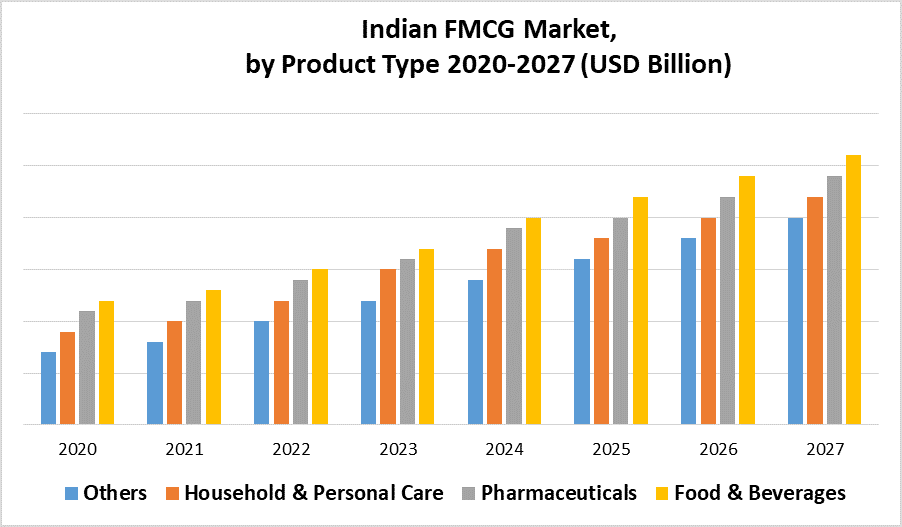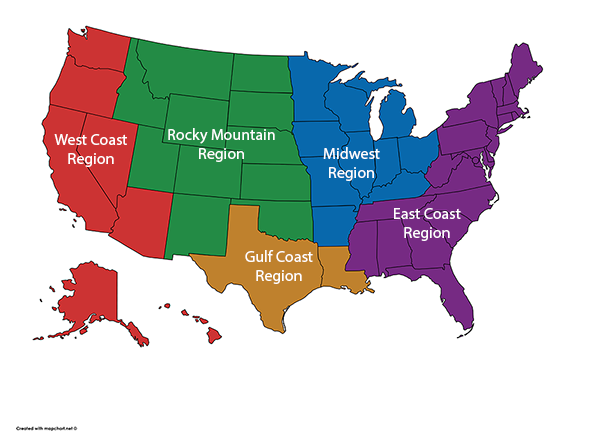Whether you are a small or medium enterprise (SME) manufacturer or a franchisor (service provider) the recent pandemic pushed us all into unchartered waters. In one swoosh we all moved from a physically hyper-connected world to an impersonal digital universe. This has created a new challenge and opportunities for both employers and employees.
The challenge is greater for Small & Medium Enterprises (SMEs) operating from economies with relatively weak digital infrastructure. The SMEs and franchisors in digitally mature economies are coping somewhat easily.
The pandemic also created an uneven environment in demand and supply for different product categories. On one side it spurred demand for products and services related to hygiene and medical supplies. Whereas, on the other side some companies experienced sales volume reduction or irregular demand. The sectors hardest hit by physical distancing and government-recommended isolation guidelines.
For example, HORECA equipment manufacturer and suppliers, physical LFR (Large Format Retail) had to reinvest capital. The manufacturer of safety and cleaning products, delivery apps, video conferencing, headsets, and home entertainment, etc. had to increase manpower.
The big question is how SMEs and manufacturers are getting ready for the Next Normal.
Drawing from the experiences of some high-growth leaders resetting of levers below has helped SMEs and Franchisors to navigate better.
Developing a nimble cost structure.
The objective is to manage sales, general, and administrative costs and keep them at relatively constant ratios. It is important to monitor and prioritize cash-releasing levers, such as working capital and accounts receivable and payable. Finally, now they are using available cash with a new understanding of the opportunity costs.
Diversify Revenue streams from different Geographies.
With a diversified Channel Expansion strategy, many SMEs and Franchisors shifted their focus from the domestic market to overseas growth. For example, a manufacturer looking for industrial distributors is outsourcing the search for a channel partner. Fractional sales or appointing a local sales Consultant partner on a project basis. This is helping them to diversify sales revenue and lower travel expenses. It not only saves time but also helps in understanding local regulations, and pricing policy. Thus helping them to align the right commercial policy in the shortest time.
Appointing Commission Based Independent Sales Representatives
The New Normal of WFH (Work From Home) and Remote Working has already created an ecosystem of employee-employer expectations in the new normal. In short, this enables cost discipline while keeping the flexibility to move quickly toward profitable growth as opportunities emerge. Commission-based sales representatives are high in demand and are expected to remain so in near future.
Collaborate with franchisees for new delivery mechanisms.
Most franchisors modified contracts for existing services to accommodate upcoming services. This is quite common with franchises in cloud Kitchen with F&B franchise and virtual workout program for gym client. The new regulatory requirements of health, hygiene & safety has also pushing to amend certain franchise contract clauses. Franchisee are more open to revamp the go-to-market strategy and accelerate the omni channel approach to sales. Most franchisors are open to collaborate with supply-chain or appoint Franchisee who are ready to embrace automation or embed data analytics tools.
Whether it’s productivity or the speed of digital transformations SMEs and Franchisors are getting a better idea of where they stand in market share. Most importantly, the ability to compete and manage cost structures. Some SMEs/ Franchisors are using this knowledge to transform themselves and emerge with healthier balance sheet. Making them fit to compete at the highest levels through the new work culture & next artificial intelligence (AI) revolution.
Deepika Chawla
31st July 2021-www.selloverseas.com



